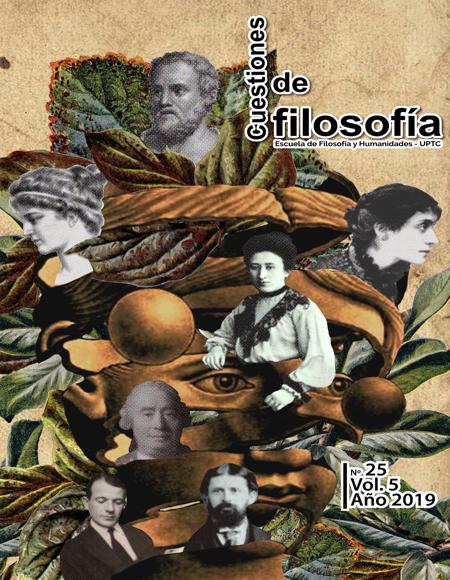The writing of the history: Jean Pierre Fave an approach to the theory of story

Abstract
In the last forty years the historiography production in Colombia presents an important variety of methodological approaches that has allowed, at the same time, variety in the academic and editorial production, such as: collections, manuals, books, essays, doctoral theses, articles and research on specifics events. All this literature offers the academic community an important support for current studies and research, but is also an antecedent collection for the reflection on the writing of history from approach to the theory of the story of the French philosopher and historian Jean Pierre Faye. The article focuses on the postulation of the methodological principles of the Theory of the History, particularly in its relation to the theoretical-methodological influences of kantian rationality, Marxist political economy, the sacred sociology or power Bataille, French epistemology and chomskian linguistics. With this approach to the methodology of the Theory of the History, the article supports a novel historiography bet for the national academic environment, when describing and explaining, a powerful methodology for the studies of social and political history.
Keywords
Historia, Escritura, Lenguaje hablado, .
References
Agamben, G. (2007). Historia e Infancia, destrucción de la experiencia y origen de la historia. Buenos Aires: Adriana Hidalgo editora. S.A.
Chartier, R. (1995). El Mundo como representación, Estudios sobre historia cultural. 2ª ed. Barcelona: Gedisa.
(2000). La historia entre relato y conocimiento, traducción de Renán Silva con autorización del autor, Revista Historia y Espacio, 17, enero-junio 2000, Cali: Universidad del Valle.
Deleuze, G. & Guattari, F. (1982). Noviembre 23: Postulados de lingüística. Ciencias Humanas, 2, 2, 1982.
Faye, J. P. (1974). Lenguajes Totalitarios. Madrid, Taurus.
(1975). La Crítica del Lenguaje y su economía. Madrid: Alberto Corazón.
Fernández, S. J. & Fuentes, J.F. (2004). A manera de Introducción. Historia, lenguaje y política. Ayer, 53, Historia de los conceptos, 2004.
Foucault, M. (1970). El orden del discurso, Lección inaugural pronunciada en el Collage de France el 2 de diciembre de 1.970, Recuperado de: http://espanol.free-ebooks.net/tos.html.
Haidar, J. (2004). El campo del Análisis del Discurso: aportes para el estudio de lo político. Pensamiento Contemporáneo, (6), Santo Domingo: Fundación Global Democracia y Desarrollo, Colección Pensamiento Contemporáneo.
Hernández, S; Morel, P. & Terriles, R. (2011). Discurso y sujeto en las perspectivas de Pécheux y Voloshinov. Contratexto, 19, Universidad de Buenos Aires.
Pêcheux, M. (1969). Análisis del contenido y teoría del discurso. En: Análisis Automático del Discurso, Dunod, París. Recuperado de: http://www.filo.uba.ar/contenidos/carreras/letras/catedras/sociolinguistica/sitio/pecheux.pdf.
Zizek, S. (2013). ¿Por qué no saben lo que hacen?¬, Recuperado de: https://www.proyectoambulante.or/indexphp/pensamientolibertario/item/1690/ideologia-un-mapa-de-la-cuestión.